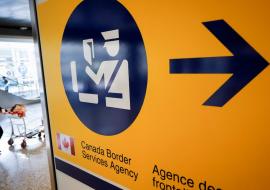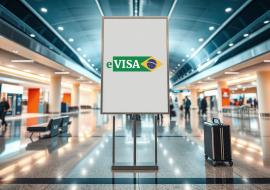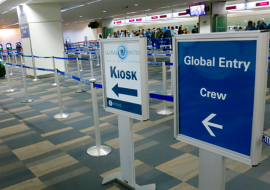The Role of Virtual Reality in Transforming the Hospitality Industry

Within the travel sector, virtual reality (VR) has integrated cost-effective strategies improving training facilities, diversity and efficiency.
Virtual reality is a global phenomenon. Its uptake is expected to increase considerably this year as airlines, hotel operators, travel agencies and tourism boards all make use of this digital platform.
Incorporating VR within a travel business has the potential for robust growth, providing learning improvements, increasing efficiency and builds relations between employees.
VR offers companies a cost-effective strategy that differs from traditional forms of training. Most workforces have individuals with varying learning capabilities and needs and VR can provide a visual learning environment that is adaptable for all types of learners.
Training processes may be greatly reduced in time due to the immersive experience of VR. Staff members are immersed in alternative situations, enabling them to learn how to solve problems in a controlled environment without affecting customer satisfaction.
One company, luxury cruise liner Seabourn, recently collaborated with Pixvana to create a training programme for restaurant waiting staff called ‘table vision’. The system provided training for 26 different scenarios.
Due to issues of continual occupancy and capacity, time was scarce to train staff on how to operate a dining area with 105 tables and 12 serving stations














